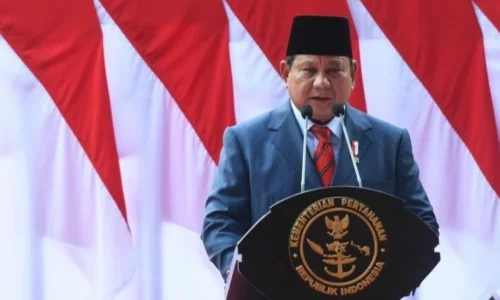The Purnomo Yusgiantoro Center (PYC), an energy think tank, has emphasized that the development of bioethanol is not only a solution for energy security, but also offers significant opportunities for agricultural innovation.
Filda Citra Yusgiantoro, Chairperson of PYC, said that one of the key innovations in bioethanol production lies in the diversification of raw materials, including sorghum and microalgae.
“This approach will ensure sustainability without disrupting national food supply,” Filda said as quoted in a statement on Monday, December 9, 2024.
She said further that bioethanol development in Indonesia is a strategic move towards enhancing the country’s energy and food security.
With abundant raw material potential across various regions in Indonesia, accelerating bioethanol utilization is crucial for reducing reliance on fossil fuels and strengthening Indonesia’s commitment to more sustainable energy solutions.
“By diversifying energy sources through bioethanol, we can reduce dependence on fossil fuels and further support Indonesia’s renewable energy transition,” Filda cited.
Eniya Listiani Dewi, Director General of New Renewable Energy and Energy Conservation (EBTKE) at the Ministry of Energy and Mineral Resources (ESDM), highlighted that Indonesia has significant potential to develop bioethanol as a substitute for fossil fuels.
Currently, there are 13 bioethanol producers across 11 regions in Indonesia, with a combined annual production capacity of 365,000 kiloliters.
“These producers are located in Medan, Lampung, Cirebon, Yogyakarta, Surakarta, Mojokerto, Jombang, Lamongan, Lumajang, Semarang, and Bone,” Eniya said in an interview with Katadata on June 24, 2024.
The growth of the bioethanol sector is seen as an essential step for Indonesia to achieve energy independence and contribute to global sustainability efforts, while also supporting agricultural innovation.









